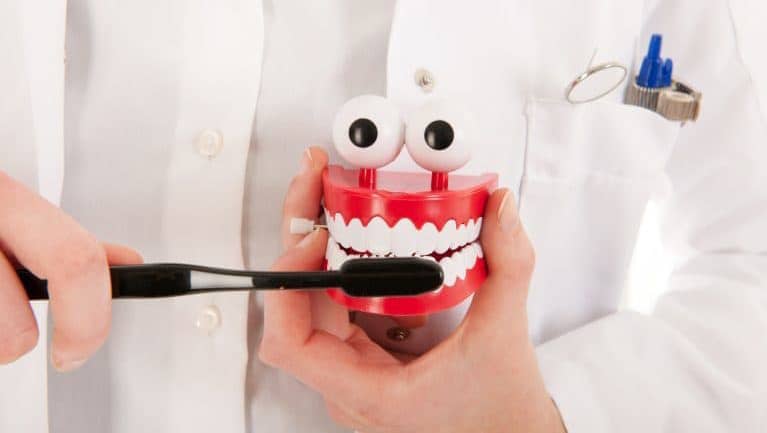According to MouthHealthy.org, a subsidiary of the American Dental Association, the history of teeth cleaning is quite impressive which is why we thought we’d share these toothbrush history facts. Read on to see 3 fun facts about toothbrushes.
Teeth Cleaning is a Centuries-Old Practice
Archaeologists uncovered teeth cleaning practices used by many of our predecessors in many different places:
- The Egyptians – Polished teeth with crushed egg shells that were then poured onto animal hooves – as an applicator. This was more than 5,000 years ago. Looking on the petrigliphs on the walls of the Great Pyramids, the idea of self-care in this day and age does not make this fact surprising.
- Chinese Adaptations – In the 17th century, the English were inspired by a practice that was observed in China and subsequently made their own version of the device – a toothbrush. Using boar bristles attached to a bone with wires, the toothbrush was born.
- Modern Versions Arrive – It wasn’t until the 1930s that we saw the modern version of the toothbrush, which is predominantly manufactured using nylon and plastics. More than 20 years later in 1954, spin brushes, or automated brushes, arrived on the market.
Somewhere in between this timeline, some folks used twigs to chew and clean the teeth.
Our predecessors knew the importance of keeping our teeth clean and healthy. Doing so makes a good first impression and prevents pain and health issues.
Did you enjoy these toothbrush facts? At Avia Dental Plan, we understand that modern healthcare can get a bit pricey. That’s why we engineered cheap dental plans that can be accessed by anyone in Nationwide.
Get an A Grade at Your Next Dentist Appointment
Preventative dental care is the best way to keep your mouth healthy – and now it’s more affordable, thanks to Avia Dental.
We encourage our readers to subscribe and share our dental plan services, which save money on a range of standard procedures.
To learn more, call 1(888) 431- 2273 or contact Avia Dental.
Source: Mouth Healthy



